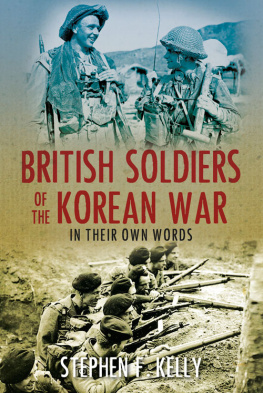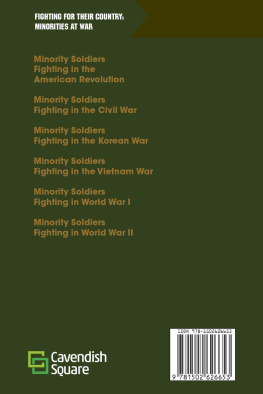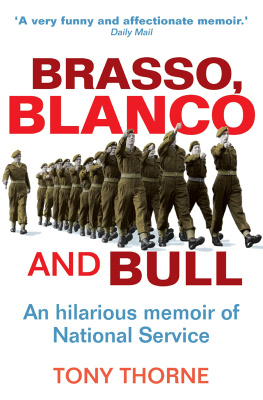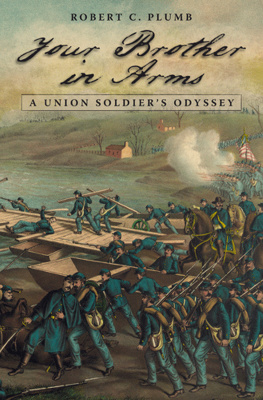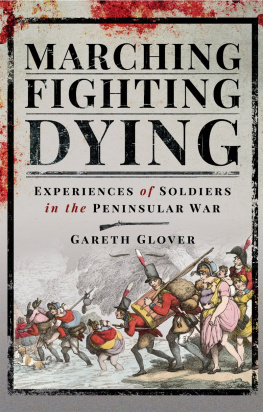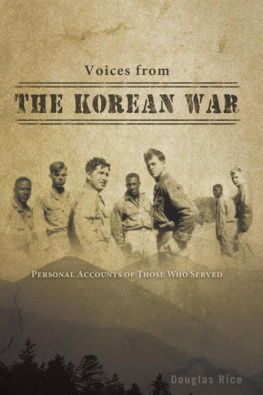7287
Peter Hutchinson
Austin Macauley Publishers
2019-08-30
7287
About the Author
This is a personal account of the significant journey of one nave teenager, undertaking his two years of National Service in the Royal Artillery, from leaving school to serving in the almost-forgotten and little-understood United Nations Korean War.
About the Book
Few who served as fighting soldiers in any war had more than a little understanding of the purposes of the conflict. This was particularly so in 1950 when all young men, at 18, had to serve two years National Service. For some, a few weeks training and then the remaining time spent doing routine tasks and back home every weekend. For others, a different experience. This unique account is of how one tenderly reared young man, who had never been in a pub and only rarely in a car, survived and made sense of his roller-coaster experience.
From the start, the experience was brutal. Almost the first bellowed words were to make sure they knew they now belonged to the king and had no rights at all if they decreed, there would be no time off or leave given, for soldiers were no more than malleable junk in the nations great scheme. The initial interminable marching drill was, at least, understandable in making them disciplined to obey all and any order without question and immediately. But what purpose did other training, assessments or appointments actually serve?
A few years later, he learned that had he been savvy, he need never have spent these two years as he did, thus raising the question whether it was a complete waste of time. It certainly didnt make a man of him, but in hindsight, he would not have missed the experiences for anything.
Dedication
To Mary and Neil, who first taught me that in respecting others, one must respect and be true to oneself; and to Margaret, who constantly reminds me.
Copyright Information
Peter Hutchinson (2019)
The right of Peter Hutchinson to be identified as author of this work has been asserted by him in accordance with section 77 and 78 of the Copyright, Designs and Patents Act 1988.
All rights reserved. No part of this publication may be reproduced, stored in a retrieval system, or transmitted in any form or by any means, electronic, mechanical, photocopying, recording, or otherwise, without the prior permission of the publishers.
Any person who commits any unauthorised act in relation to this publication may be liable to criminal prosecution and civil claims for damages.
A CIP catalogue record for this title is available from the British Library.
ISBN 9781528952194 (ePub e-book)
www.austinmacauley.com
First Published (2019)
Austin Macauley Publishers Ltd
25 Canada Square
Canary Wharf
London
E14 5LQ
Acknowledgement
"Every event and indeed every word and action in the external world remain unintelligible as far as we are concerned if they do not reveal to us that which speaks and acts within, and if there is no clue to their meaning in the inmost depths of the spirit.There can be revealed to us only that which is revealed in us, for only that which happens within can have any meaning for us."
Berdyaev N, Freedom and the Spirit p.93
1. Paddling in Deep Water
It might be expected that any youngster, setting off on an unknown journey into what can only be called an experiment, might have been somewhat tense and showing stress by the usual or common ways such as biting my nails, wringing my hands or showing other obvious signs of tension and anxiety. In fact, having just said goodbye to my father, mother and sister, I had some emotional feelings about that but still sat in the train carriage quite calm and apparently unconcerned. I have often reflected since on how it came to be that I could be so cool and collected, and it comes, I feel, from my familys history and the way in which I had been brought up. That seems a good place to start this story.
For one quite obvious matter is that, compared to most children, throughout my life I had regularly been on the move. I was born in Kent, though Mum and Dad were Northerners, she born and bred in Shildon, County Durham, Dad born in Westmorland (as it was then, Cumbria as it is now) though his family moved to Shildon when he was only a small child, because it was the site of a major railway works and Grandpa was a railway guard. Our homes in the eight years I was in Kent were rented houses and so we moved from house to house as opportunity offered or necessity demanded. Dads base was in the village of Aylesham, and I think we had three homes in the village at different times. Other times we lived in neighbouring villages and once in Deal. It also meant that I had two primary schools, for my first was a long walk for myself and the other village children to get to school. It was also a long cycle ride for my father to get to work in Aylesham. Once we left Kent and moved to Sheffield, for the 1st of September 1939, also the start of the war, there was a move after a year bringing, for us, two homes and for me two schools and sets of friends. Then at 11 there came the further move to grammar school, for two years, before we moved on again to spend three years in my middle grammar school. One further move brought me to my third grammar school for my time in the 6th Form.
Thus, change had been an integral part of my life and, without all the current modern technology that facilitates people keeping in touch with each other, this meant a complete break with friends and fresh starts at making new ones. As a newcomer, I was not always welcomed and can still recall, as if it were yesterday, following the Sheffield headmaster into the classroom I was to join and, as we walked down the aisle, between the desks, to the teachers desk, the form bully muttered something like,
Whos this? Well get him at play time.
It was only a whisper but I heard it loud and clear, as I was intended to! He was much bigger and stronger than me, and bore the confidence of his father, who was a manager in a local steel works, and he expected all to be beholden to him as king of the school. Most of us kept out of his way. In the world of adults and local authority educational planning, childrens relationships seemed to count for nothing, but the reality was different, and not always simple or pleasant. When we left Sheffield, I was allocated a place in a West Riding grammar school in Ecclesfield until, a few days before term started, we received a missive changing this and informing my parents that I had to report to Barnsley Holgate Grammar School. Not much of a change, one might think, except that I was the only child from our village who travelled to Barnsley to go to an all-boys school. No other boy in the school came from anywhere near my neck of the woods and I made no real friends there. Also, clearly, I was isolated among my peers in the village I lived in, many of whom did not go to the grammar school, but the boys and girls who did, went to the school I thought I was to attend. I never knew any of the incidents that made up the gossip among them, knew none of the school staffs names or habits and whether liked or not, and whether they were thought good or not.
Without further labouring the point, I had faced change again and again and had little expectation of it, other than it had to be endured and usually it wasnt too bad. It simply was a fact of life that, for me, had to be managed as best as I could. The way life was arranged featured quite plainly in our family life and indeed in the wider circles in which I moved. This was largely because children hardly figured in the decisions that were taken about us by employers or authorities. I am sure that my parents always had my best interests at heart and tried to manage our moves so that they were at the best time for me and my schooling, but they only had a very limited control of such matters.


